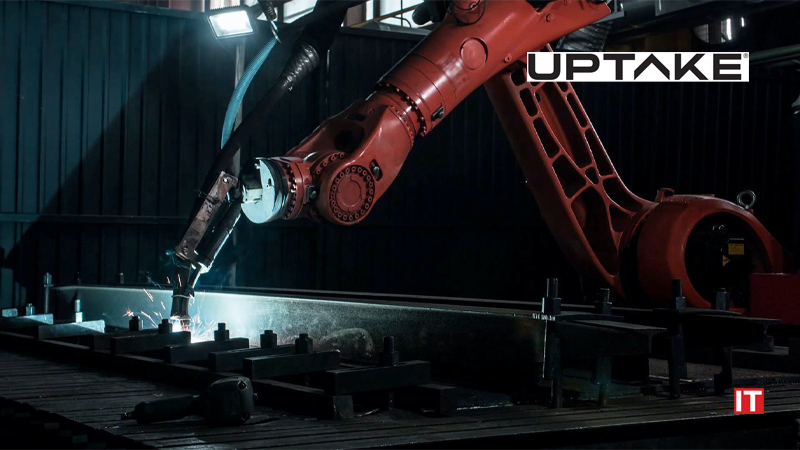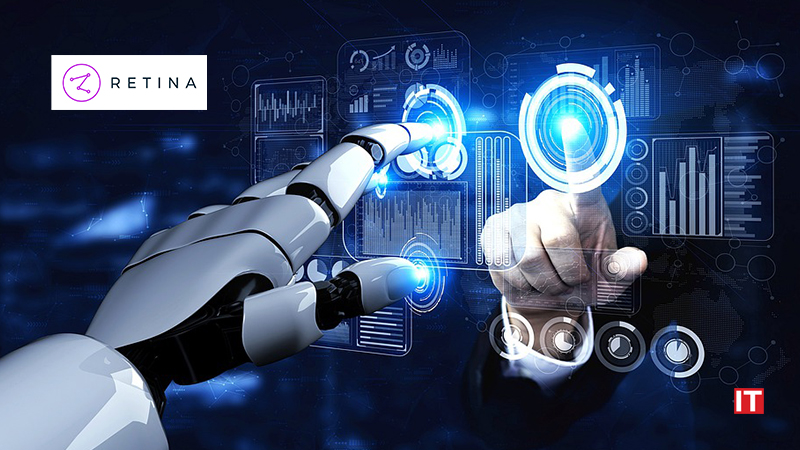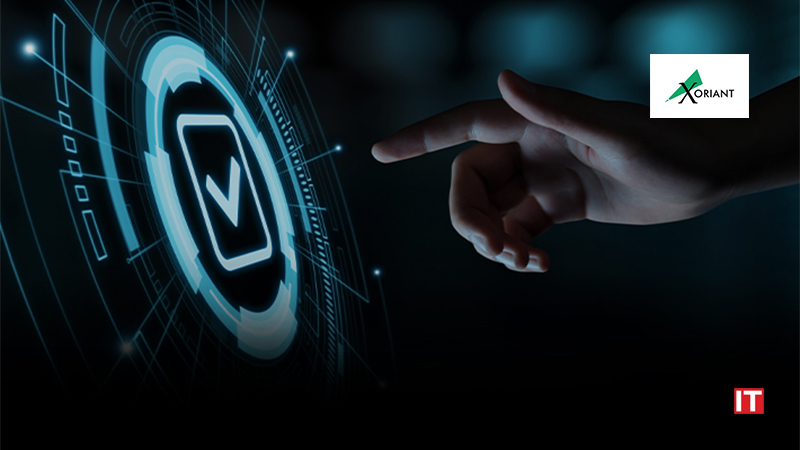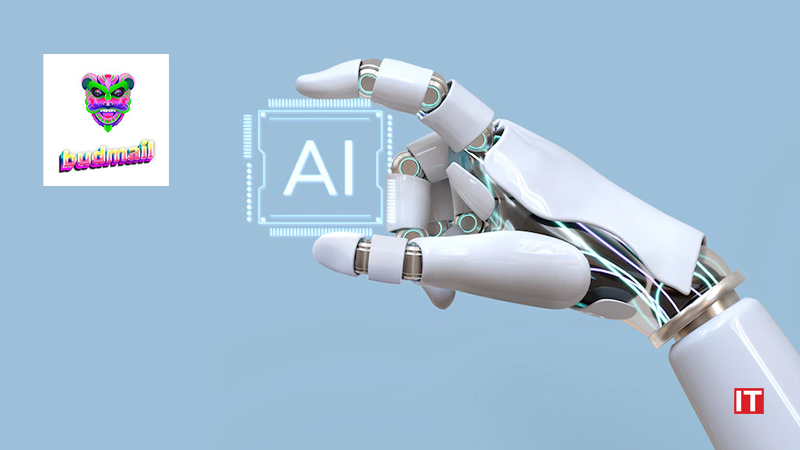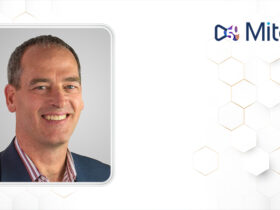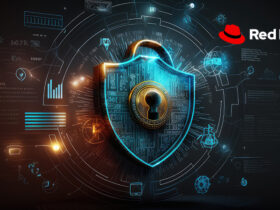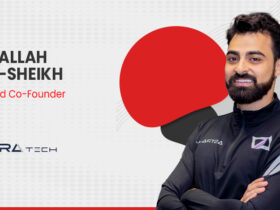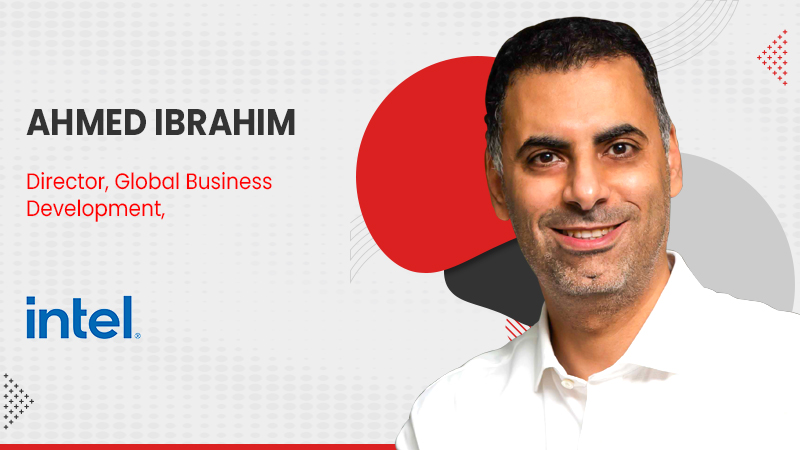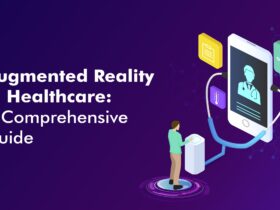D-Wave Systems Inc., a leader in quantum computing systems, software, and services, and the only company building both quantum annealing and gate-based quantum computers, today announced the availability of the first Advantage™ quantum computer, accessible via the Leap™ quantum cloud service, physically located in the United States. The cloud-based service is part of the USC-Lockheed Martin Quantum Computing Center (QCC) hosted at USC’s Information Sciences Institute (ISI), a unit of the University of Southern California’s prestigious Viterbi School of Engineering. Among the highlights:
“By adding support for a third quantum system from D-Wave to Amazon Braket, all customers now have on-demand access to even more hardware options. Furthermore, U.S.-based customers have the added benefit of using a device located in California, making it possible for them to conduct research using D-Wave hardware in-region.”
- The service will provide access to the first Advantage™ quantum system physically located in the United States. Advantage is the first quantum computer built for business that contains the new Advantage performance update released in October 2021 and features the highly connected Pegasus topology and 5000+ qubits.
- Leap™ quantum cloud service users will immediately be able to access the Advantage™ quantum computer located at the QCC in real-time. Leap access also gives researchers, governments and enterprises access to all of the programming tools and hybrid quantum-classical resources offered through Leap.
Also Read: Forbes Names Whisper to AI 50 List
- Additionally, Amazon Web Services (AWS) and D-Wave announced that the U.S.-based system will be available today for use in Amazon Braket, expanding the number to three different D-Wave quantum systems available to AWS users.
Through QCC, USC has been a pioneering academic institution in the hosting and operating of a commercial quantum system and is a world leader in research and development of advanced information processing, computer and communications technologies. USC has been working with D-Wave since 2010 and has housed several generations of earlier D-Wave systems with the first one installed at the QCC with Lockheed Martin.
“Making quantum computing ubiquitous and available is one of our core areas of focus and is central to the commercialization of quantum computing,” said Alan Baratz, CEO of D-Wave. “This is an important moment for our U.S.-based customers who want their Leap cloud access to the newest Advantage system and quantum hybrid solver service to be in-region. The timing is especially important. Eleven years ago, together with Lockheed Martin, we installed our first quantum system at USC. Fast forward to today, delivering the most performant commercial quantum computer in the world yet again allows users to harness the power of annealing quantum computing for real-world optimization problems, all accessible real-time through our Leap quantum cloud service and in AWS’s Amazon Braket.”
“Quantum computing is a constantly evolving field and it’s important that our customers have access to the latest quantum hardware,” said Richard Moulds, General Manager of Amazon Braket at AWS. “By adding support for a third quantum system from D-Wave to Amazon Braket, all customers now have on-demand access to even more hardware options. Furthermore, U.S.-based customers have the added benefit of using a device located in California, making it possible for them to conduct research using D-Wave hardware in-region.”
“Quantum information science (QIS) is a top priority research area for the nation and has long been a focus of USC Viterbi,” said Yannis C. Yortsos, Dean of the USC Viterbi School of Engineering. “In collaboration with Lockheed Martin, we established at ISI in 2011 the first academic home for a quantum computing system, namely D-Wave One. For more than a decade, research and education in QIS at USC Viterbi has been thriving and constantly growing.”



